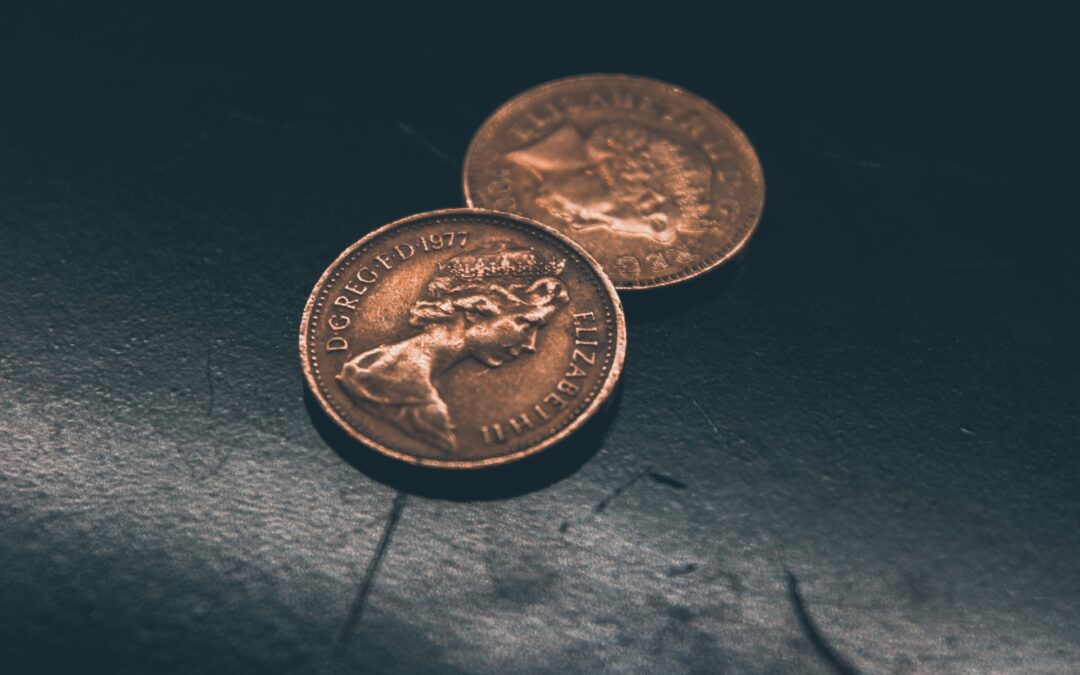The widely quoted phrase, “Live each day as if it were your last,” carries an air of wisdom and urgency. It captures the desire for immediacy and cherishing every moment. However, if taken literally, this philosophy can lead to a disregard for the future and the consequences that follow. This phenomenon is rooted in hyperbolic discounting, a cognitive bias that makes us value immediate rewards more than their long-term counterparts. In this article, we will explore the allure of immediacy, the inconsistencies it creates in decision-making, and the implications of hyperbolic discounting on personal finance and consumer behavior.
The Illusion of Immediacy
Immediacy holds a powerful sway over our desires. We are naturally drawn to the present moment, prioritizing instant gratification over delayed rewards. The notion of “enjoy each day to the fullest and don’t worry about tomorrow” may sound appealing, but it is not a prudent way to approach life. A balanced perspective considers both present enjoyment and future planning to ensure long-term well-being.
The Time Value of Money
To understand hyperbolic discounting, let’s consider a financial scenario. If given the choice between receiving $1,000 in one year or $1,100 in thirteen months, most individuals would opt for the larger sum in thirteen months. The additional $100 acts as compensation for the waiting period, with an apparent monthly interest rate of 10% (or 120% per annum). This decision seems wise as the interest outweighs the risks associated with the slight delay.
The Impact of “Now”
However, a fascinating shift occurs when the same choice is presented differently. Imagine being offered $1,000 today or $1,100 in one month. Surprisingly, many people would choose the immediate $1,000. In both cases, waiting for an extra month leads to a $100 increase, but our decisions become inconsistent. The introduction of “now” alters our perception, triggering hyperbolic discounting. This phenomenon denotes that the closer a reward is, the higher our emotional interest rate rises, making us more willing to sacrifice potential gains for immediate gratification.
The Subjectivity of Interest Rates
Interestingly, most economists’ models rely on constant interest rates, failing to account for our subjective and inconsistent responses to such rates. Hyperbolic discounting challenges these assumptions and highlights the need for a more nuanced understanding of human decision-making. Our tendency to discount future rewards steeply due to their temporal distance raises questions about the accuracy of traditional economic models.
The Animal Instinct
Hyperbolic discounting is deeply rooted in our evolutionary past. Animals, driven by survival instincts, prioritize immediate rewards over long-term benefits. While squirrels collect and store food for the future, it’s driven by instinct rather than impulse control or learning. Similarly, a famous experiment by Walter Mischel known as the “marshmallow experiment” demonstrated that young children struggle with delayed gratification. Those who exhibited patience and self-control during the experiment tended to achieve greater success later in life.
Building Impulse Control
As we age and develop self-control, we become more adept at delaying rewards. Waiting thirteen months instead of twelve for an additional $100 becomes a manageable trade-off. However, when faced with an instant reward, the incentive must be substantial to resist immediate fulfillment. Financial institutions exploit this human inclination through exorbitant interest rates on credit-card debt and short-term personal loans, capitalizing on our impulsive “must-have-now” instincts.
Mitigating Hyperbolic Discounting
Though the allure of instantaneous rewards is enticing, hyperbolic discounting remains a flaw in our decision-making process. Developing impulse control empowers us to overcome this trap and make more balanced choices. Conversely, when selling consumer products, offering immediate access as an option can attract customers willing to pay a premium to avoid delays. Companies like Amazon capitalize on this, profiting from next-day delivery charges that cater to our desire for instant gratification.
Conclusion
Hyperbolic discounting illustrates our inherent bias towards immediate rewards and the challenges it poses to long-term decision-making. By understanding this cognitive tendency, we can become more mindful of our choices and develop strategies to mitigate its influence. Balancing present enjoyment with future planning allows us to navigate the complexities of life and make decisions that align with our overall well-being. Remember, while living each day as if it were your last can be inspiring, incorporating thoughtful consideration of the future is essential for a more balanced and sustainable approach to life.

